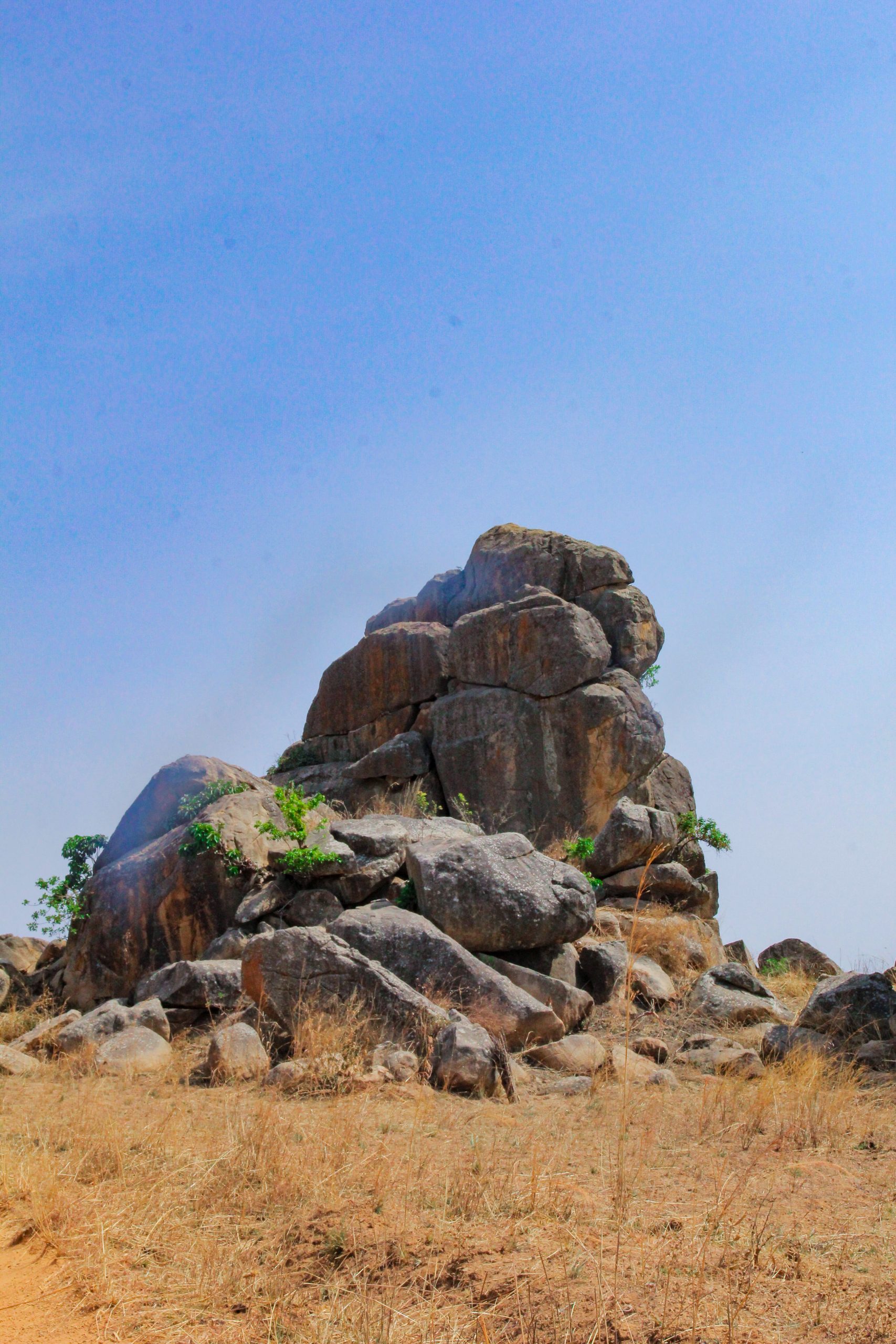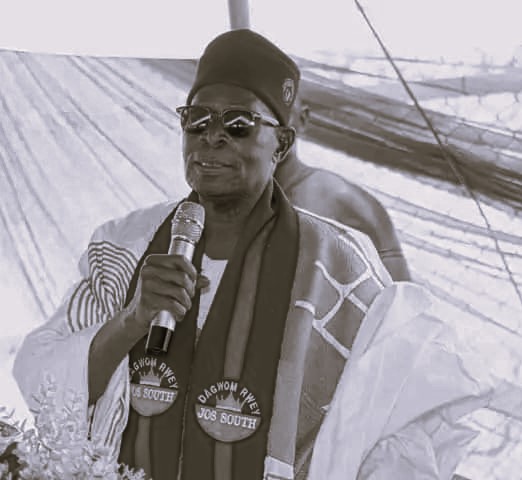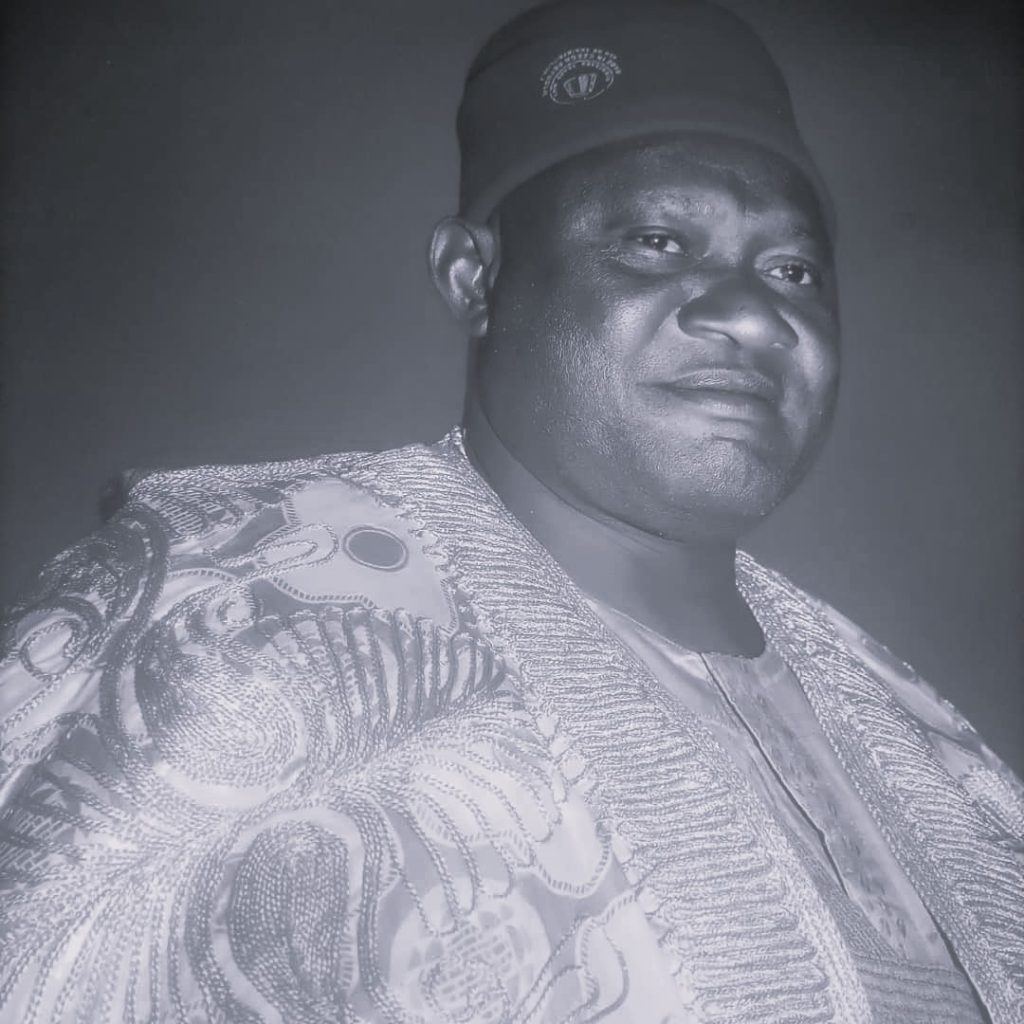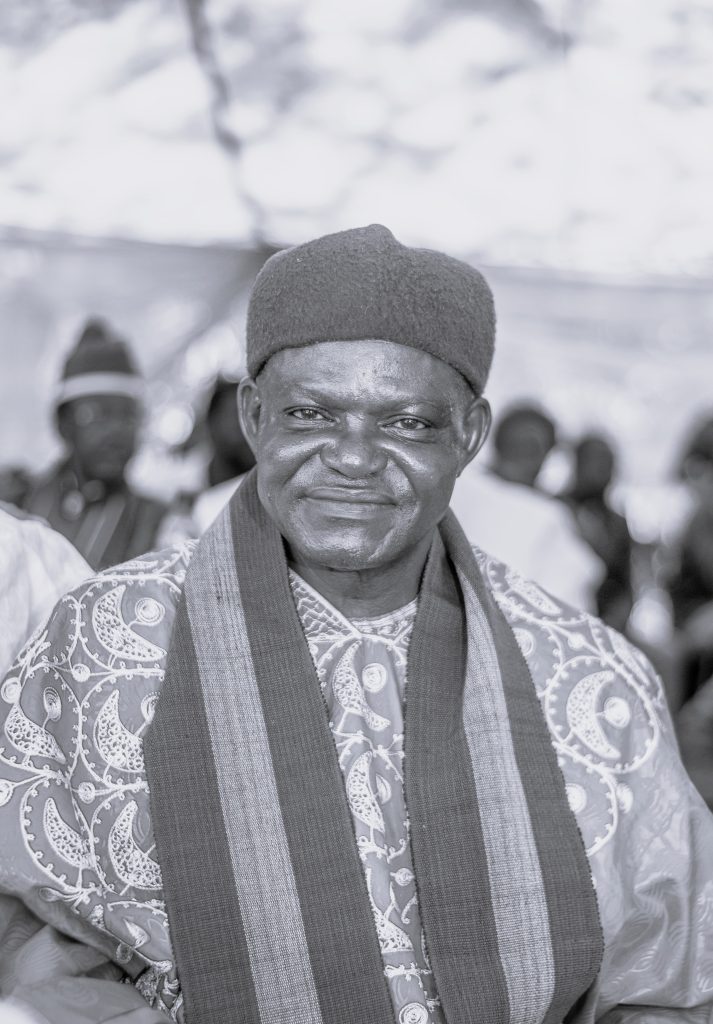
Stronger Together
Welcome to Jos South LGA
Explore a people characterized by a harmonious blend of tradition and modernity, with a rich cultural heritage, diverse occupations, and a welcoming nature
- Quality Education
- Infrastructure Development
- Healthcare and General Wellbeing
- Security
- Women and Youth Empowerment
Executive Chairman, Jos South LGA

Historical Background
The Jos-South Local Government Area of Plateau State, Nigeria, has a significant history and development. It was officially created on September 23, 1991, by the administration of General Ibrahim Babangida when it was carved out from the larger Jos Local Government Area for administrative convenience. As of its creation, Jos South LGA was left with five distinct districts: Vwang District, Kuru District, Gyel District, Zawan District, and Du District.
Geographically, Jos South is strategically located within Plateau State and is also the state’s tourist and industrial heaven. It shares a border with several other local government areas. To the North, it is bounded by Jos-North LGA, to the East by Jos-East LGA, and to the South by Barkin Ladi LGA. To the Southwest, it borders Riyom LGA, while Bassa LGA is located to its Northwest. The population of Jos South LGA has grown considerably since its creation. Based on the 1991 census, the area had an estimated population of 650,839 people. However, projections for 1996 suggested a population increase to around 751,230. This population growth has been accompanied by ongoing urbanization and infrastructural development.
In terms of size, Jos South has an approximate land area of 1,037 square kilometers. This large land area contributes to the LGA’s agricultural and economic potential, alongside its significant role in the state’s governance, education, and culture. The districts within Jos South also feature a blend of urban and rural characteristics, making the LGA diverse and dynamic.
The People
The people of Jos South Local Government Area are primarily from the Berom ethnic group, known for their warm hospitality and diligent work ethic. This region, which is a part of Plateau State in Nigeria, is home to a blend of various ethnic groups, stemming from different parts of Nigeria and even beyond. Several factors contribute to the ethnic diversity in the area:
- Early mining activities: The region’s history in tin mining attracted people from various parts of the country and beyond.
- Business opportunities: The availability of business prospects has drawn people to the area, fostering economic activities.
- Proximity to Jos Township: As the main commercial hub of Plateau State, Jos offers a dynamic business environment, influencing the demographic mix.
- Hospitable nature: The welcoming and friendly disposition of the Berom people has fostered social integration and the growth of a diverse community.
Festivals and Traditions
The Berom people celebrate two major festivals:
- Mandyeng: A traditional festival marking important cultural and social events.
- Vwana: A festival that celebrates the rich heritage and cultural values of the Berom people.
Cuisine
The people of Jos South have a rich culinary tradition. Among their favourite dishes are:
- Tere: A beloved local dish, often enjoyed by the people.
- Tuk chun (also known as Tuwon Acha): A traditional meal made from acha (a grain), often served with a variety of sauces and accompaniments.
- Bwirik: A type of local drink, often made from kunu (a fermented drink), accompanied by pounded beni seed for a delicious delicacy.
Language and Religion
- The Berom language is the predominant local dialect, reflecting the strong cultural identity of the people.
- In addition to Berom, Hausa and English are commonly spoken in business and government contexts.
- Christianity is the dominant religion among the people, with a minor presence of Islam and traditional beliefs.
Occupation
The people of Jos South are engaged in a variety of occupations, including:
- Farming: Agriculture remains a key occupation, with crops like maize, yams, and vegetables being cultivated.
- Civil construction: Many people are involved in the construction industry, which has been growing steadily due to the region’s infrastructural development.
- Tin mining: The legacy of tin mining continues to play an important role in the economy, although modern mining has declined compared to its peak.
- Civil service employment: A number of people work in government offices, contributing to the local and state administration.
- Trading: Jos South has a bustling trade and market sector, with various goods being bought and sold, contributing to the local economy.
Traditional Rulers
HRH. Da Nga Dangyang
Gwom Rwey Jos South
Hrh Da. …
Gwom Rwey Zawan
HRH. Da. Gyang Gutt Balak
Gwom Rwey Vwang
HRH. Da John Dabi
Gwom Rwey Du
HRH. Da Pius Gyang Jugu
Gwom Rwey Kuru
Infrastructure Construction
Citizen Satisfaction
Community Engagements
Service Delivery
What they’re talking about us?
What people, businesses and organisations think of us

Citizen Of Jos South
David Pam
Hon. Silas is always available to listen to his constituents' concerns. He] responds to our needs quickly and effectively. I feel like he truly hears my voice.

Citizen of Jos South
Alfreda Bot
I've seen a significant improvement in our local economy. New businesses are opening, jobs are being created, and our community is thriving.
Contact
Jos South LGA Headquarters, along Yakubu Gowon Way.
Great city & place to develop your career & business.
Subscribe to get latest update & news
© Copyright 2025 by Gnorizon Consults






